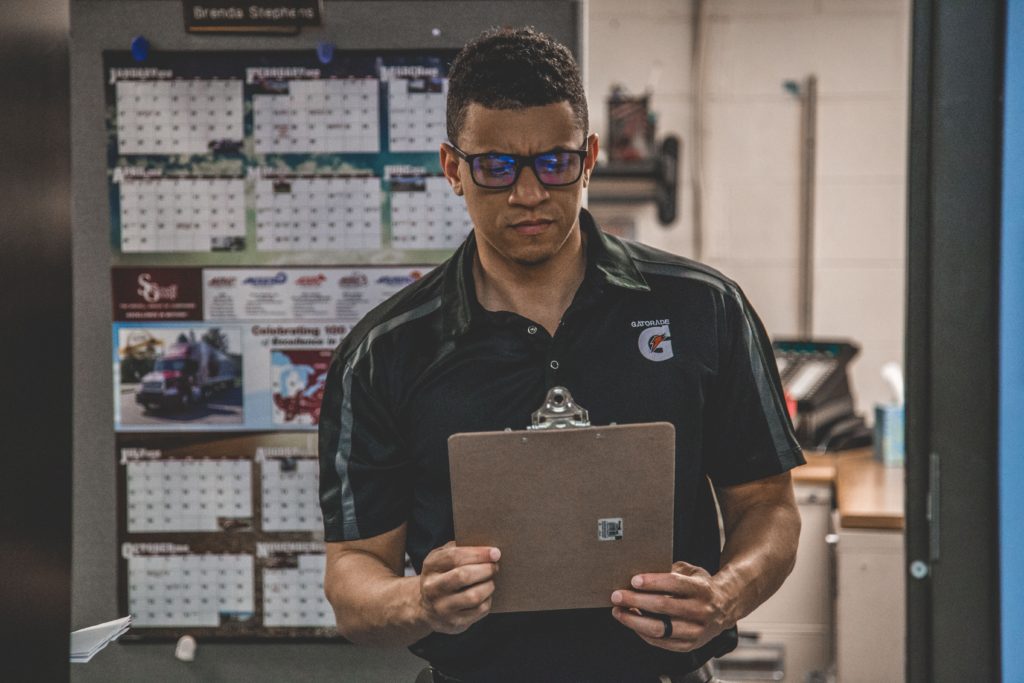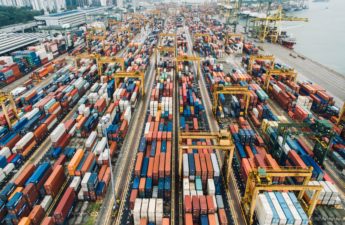Uncategorized

Playing Catch with Technology That is Overcoming The Biggest Challenges of Traditional Logistics
Post on August 29, 2019

- This is the backbone of a digitized system, as all learning and intelligence are based on data. In the logistics industry, data is collected through various sources such as vehicles, warehouses, back office, shippers, and weather & traffic reports. This data is then compiled and processed to derive meaningful information, which is ultimately used for decision making. Big data provides critical insights and makes important predictions that help freight managers to ensure seamless and profitable fleet operations.
- AI can analyze past deals and predict an appropriate price range that would be acceptable by a shipper for a specific consignment. The AI system can be programmed to automatically factor in the profit margin, as desired by the logistics company. With predictive models for pricing, freight companies can get the best rates from shippers and reduce the probability of their offer being rejected. Capacity utilization will also improve with this method.
- Warehouses are getting bigger and increasingly complex, which is prompting logistics companies to use AI-powered automated machines and robots. These can work with minimal supervision and can be deployed in a 24/7 environment. Excluding the initial capital investment and maintenance, there’s won’t be any other expenses such as salary, perks, or yearly appraisals. Wastage due to improper material handling can also be reduced with AI-based automated machines and robots.
- This is making freight management a lot easier for logistics companies. Automated AI-based systems can be programmed to interpret voice commands, which would be very useful for managers and other personnel. For example, locating a shipment will be as easy as saying, “Track vehicle 1385”. Voice assistants can also be deployed for support services, where drivers, partners and shippers can interact with the AI-based system to get all the information they need.
- Logistics companies suffer significant losses on account of human errors that occur during transportation. There’s also the constant risk of injury or fatalities. Such losses and risks can be minimized with the use of AI-based autonomous vehicles. The science of autonomous vehicles is still being perfected, but it’s quite certain that the use of such vehicles will increase over the next decade.
- Even though conventional systems still dominate the scene, AI is being increasingly preferred by global freight companies. As AI becomes more advanced, we should be able to see more widespread deployment of AI’s numerous applications by logistics companies. The upcoming launch of 5G cellular technology, coupled with AI, is expected to drive the next big revolution in logistics.
Recent Post
- Freight Dictionary: Words Beginning from Letter E
- Turn Passive Data into Targeted Business Intelligence
- Transportation Management Trends— Why Developing Scalable Tech is the Need of the Hour
- Safe and Sound: Why Security of Freight Interfaces Matters?
- Freight Dictionary – Words Beginning From Letter D


